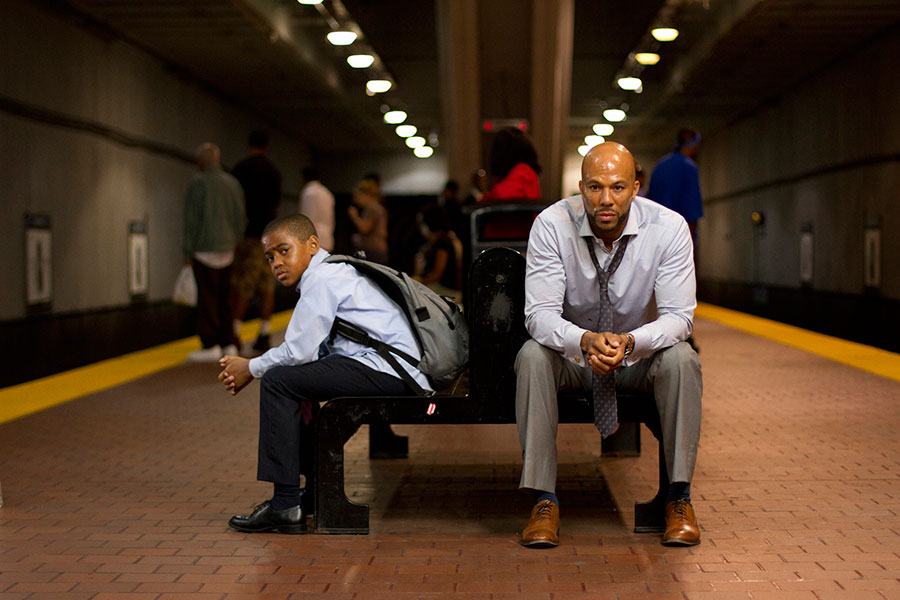By Andrea Conley/tr news editor

Casey Holder/The Collegian
As politicians, pundits and financial experts declare the final stages of the brutal recession, some students and their families who have been hit hard by long-term unemployment are cautiously optimistic.
The U.S. Department of Labor reported national unemployment at 10.2 percent in December. In Texas, 8.3 percent of the workforce was unemployed at the end of 2009, compared with less than 5 percent in July 2008.
Among those who have been unemployed for more than six months is Michelle D’Andre, a 52-year-old single mom who plans to enroll in paralegal studies.
D’Andre, a licensed commercial realtor, has been without a permanent job for about a year but makes ends meet by working temporary assignments when she can find them. She was interviewed recently for a position that looked to be a match for her skills and qualifications, only to find a short time later that someone else was selected for the job. After talking with someone from the company, she got the impression she was viewed as overqualified for the position in question and was possibly viewed as someone who would, if hired, go after the hiring manager’s job.
D’Andre is also among the millions of Americans forced to make drastic changes to their lifestyles. She and her teenage son are no longer homeowners. Instead, they rent a small apartment. They also look for savings in other areas.
“We don’t purchase $4 coffees anymore, and I’ve learned how to stretch the food budget by cutting coupons and using them,” she said.
Many unemployed people suffer emotionally as well as financially. Devontee Rayford, who is starting her second semester at TCC and plans a career in nursing, said she knows her dad gets depressed and discouraged in his search for work.
Rayford’s father, who has been unemployed for about a year, is a licensed HVAC technician. He has often gone to interviews with companies who ended up offering him temporary work or lesser positions than what he is seeking, she said. Their family, however, has not faced the devastation of losing their car or their home as many others have.
“We are maintaining our belongings — for the time being,” she said.
Rayford said her father manages his unemployment benefits wisely, and her mother still has her job.
The family has cut back spending on things like entertainment but not on essentials like medical care and prescriptions.
Ashley Johnson, 23, is a speech-
language pathology major who graduated in December. She has been unemployed for six months and said she also gets depressed and discouraged because she can no longer afford vacations or weekend outings with her friends.
“I have definitely had to change my lifestyle. I had to move out of my apartment and move in with my parent,” she said.
“I’ve had to think twice about buying that cute pair of pumps in the window.”
Johnson said many over-qualified job seekers are accepting the positions that once were offered to young, relatively inexperienced job seekers like her.
One common sentiment among these students is that they (and their parents/loved ones) all intend to keep up their vigorous search for job opportunities, and they each expressed hope of finding jobs soon.
D’Andre said she remains optimistic and has her own plan of action.
“Keep prospecting,” she said. “Read the papers. And network, network, network.”
Visit http://www.samhsa.gov/economy for information on the warning signs of stress and depression related to joblessness and practical tips.


























